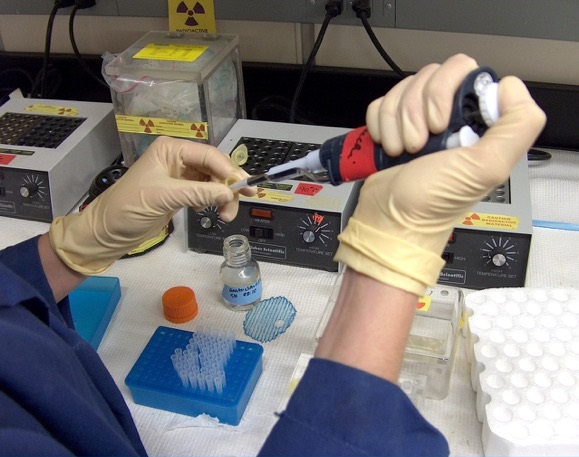Governance of Animal Research
Roger Gair, University Secretary at the University of Leeds, explores the involvement of University governors in the regulation of animal research


I have been musing on the governance of university research using animals.
The experience of my own institution will not, I suspect, be atypical. To be candid, we have historically tended to pay this aspect of governance less attention than we perhaps might have done.
It is easy to see reasons why this might be the case.
For a start, the practice of animal research is subject to oversight and control by the Home Office. Governors can thus derive some assurance from the work of an independent third-party authority: they know that no proposal to pursue a particular line of research using animals can proceed without Home Office scrutiny and approval. Until recently at least, they could also be assured that animal facilities and scientific procedures were subject to regular inspections by the Home Office, some signalled in advance but many unannounced.
The second factor is that responsibilities for compliance with the relevant regulation – specifically the Animals (Scientific Procedures) Act, or ASPA as it is usually known – are vested in a number of named individuals, in particular the Establishment Licence Holder, the Named Veterinary Surgeon and the Named Animal Care and Welfare Officers (NACWOs). It is these individuals rather than the governing body who carry the weight of legal accountability for compliance with ASPA.
But we have to admit that there is yet another reason why the governance of animal work has been relatively understated. Mindful of the risk of violent ‘direct action’ by animal rights extremists, universities and scientists have tended over the past few decades to be reticent about their work with animals. This is understandable. It has however meant that there usually has been little discussion in the governing body about the use of animals for scientific purposes.
In my view, it is no longer sustainable for the governance of animal work to be so low key. Three factors in particular lead me to that conclusion.
First, cuts in government funding are reducing the frequency of inspections by the Home Office. To the extent that governors could gain some assurance about compliance from the inspection regime, they can place less reliance on it now.
Secondly, although responsibilities and accountabilities under the ASPA are held by named individuals rather than by the university corporately, research involving animals is controversial. If things go wrong, it is the reputation of the university which is at risk. It is therefore appropriate that the governing body should have oversight of the work which goes on to monitor compliance with the ASPA, to promote animal welfare and to undertake ethical review of animal work.
Finally, we have to recognise that the threat from animal rights ‘activists’ has receded somewhat. (Profound thanks are due to Tony Blair and David Sainsbury.) Whilst we still have to be cautious, and still have to take steps to protect scientists from terrorist activity, we can acknowledge now that the ingrained climate of discretion has conduced towards a culture of secrecy.
That culture of secrecy – probably too strong a word, by the way – is one which is at odds with the values of science and of universities. It is also at odds with legitimate public expectations in 2016.
How then might governance of animal work be strengthening? Others may have different answers, but I offer one suggestion here. At my own university, we have recently reconstituted our Animal Welfare and Ethical Review Body as a committee of the governing body. This reconstitution is intended to give effect to – and indeed to symbolise – our determination to be as open and transparent about animal use as is consistent with protecting the safety and security of individuals.
The committee will be making an annual report to the governing body at the end of every session, reflecting on its work over the preceding year and providing hard data about the numbers and species of animals used and issues arising.
It is early days yet, but the signs are that the reconstitution is already helping to strengthen our governance of animal work as I had hoped. The committee’s inaugural report prompted one or two hard questions about the way in which we are addressing the 3Rs – the replacement, reduction and refinement of animal experimentation.
Probably the critical ingredient in the reconstitution, however, was the appointment of a lay member of the governing body as the committee’s chair, in place of the Establishment Licence Holder. The new chair visits the animal facilities regularly to see the conditions in the facilities and to observe work in progress, and is therefore able to report first hand to fellow governors – giving the governing body a clearer line of sight over animal work, and a greater measure of assurance.
I can commend this arrangement to colleagues elsewhere.
